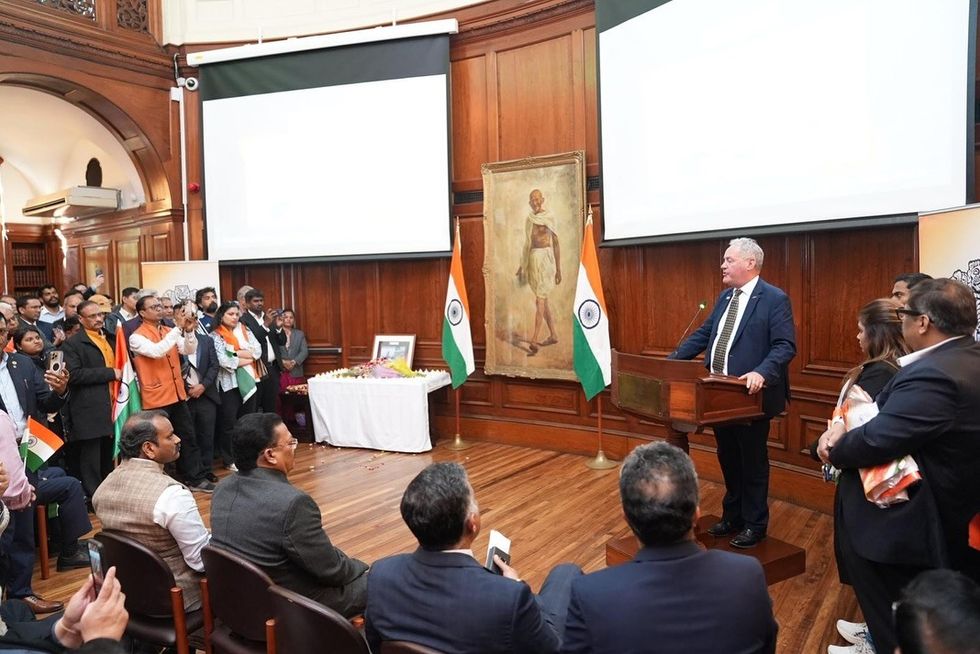NEARLY half of black, Asian and minority ethnic sociology staff (46 per cent) at UK’s educational institutions have experienced or witnessed “racism, discrimination, harassment or hostility” from students and colleagues when teaching about race and ethnicity, a new report has revealed.
The study commissioned by the British Sociological Association also noted that there were only 25 black, Asian, mixed and ‘other’ sociology professors, making up about 10 per cent of all sociology faculties in the country.
Highlighting that subject of race and ethnicity was often taught as “an add-on or specialist module, rather than a fundamentally integrated part of the curriculum”, the report urged sociology departments to make it “more central in their teaching”.
It also flagged that BAME staff’s efforts to make teaching about race and ethnicity more central in their departments faced “hostility” from “some white staff”.
Such attempts by BAME staff “can result in defensiveness and denial from colleagues”, it added.
Based on an analysis of Higher Education Statistics Agency data, the report also said BAME students were less likely to attend prestigious universities, complete their programmes, and be awarded a first class or upper second-class degree.
In 2018-19, for instance, only 64.5 per cent of BAME sociology students were awarded a first or second class compared with 79.4 per cent of their white peers.
“The report is essential for the future of sociology,” said Professor Susan Halford, president of BSA.
“Whilst acknowledging the many examples of excellent research, education and organisational practice that challenge race and racism within our discipline, it highlights the tasks ahead of us if we are to address the structural whiteness of higher education institutions and their teaching curricula.
“Sociology has never been afraid to turn its critical gaze inwards and this is an urgent example of that legacy. It is up to us now to make these changes.”
The report – which involved a survey of 188 respondents (about 10 per cent of sociology staff) -- recommended that sociology departments “ensure that race and ethnicity is taught in the first year and across each of the following years, and that it is embedded in compulsory and optional modules”.
“Core social theory and methods modules should include an inclusive range of key theorists and works, and more modules should be run that examine the Global South and integrate a ‘decolonial’ approach to sociology,” it added.
Dr Remi Joseph-Salisbury, who co-authored the report, said the Black Lives Matter movement “underlined the need for more action to tackle racism in society, and education is an important site for change”.
“Although sociology has played a strong role in helping us understand race and racism, this report shows that universities have a long way to go to embed the study of race and racism in the curriculum,” the sociologist added.
The BSA said its plans included: collating more data on ethnic minorities, establishing a mentoring scheme for BAME academics, setting up a forum to share best practice, running a teacher training workshop, and creating a postdoctoral fellowship scheme.



















 Bob Blackman MP speaks during the event
Bob Blackman MP speaks during the event